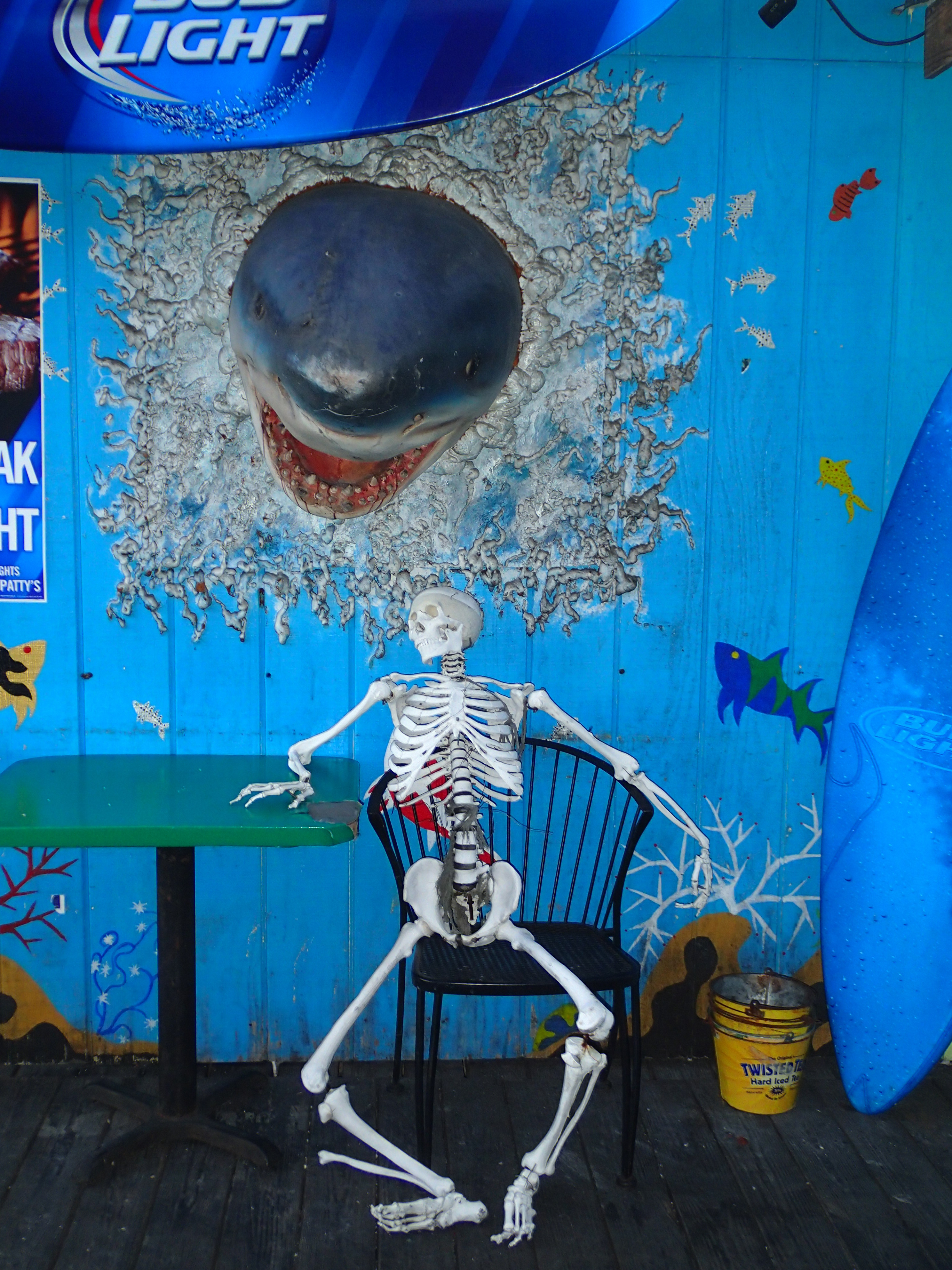Kill Your Darlings
We writers tend to have our favorite descriptive passages, philosophical asides, and witty dialogue sections in each and every story we write. We have slaved over them, tortured ourselves with trying to find that mot juste, that single word that best portrays the idea or emotion we wish to impart to the reader, and then revised, revised, revised until it sparkles with literary perfection.
Brilliant! we think at last. And perhaps it is. But does it help deepen the story, move the plot along, provide needed character development? If not, toss it.
That’s right. Cross it out, hit the delete button, cut it from your manuscript. In other words, “kill your darlings.”
Does that mean banish them forever from your idea book? Not necessarily. A witticism that is not appropriate anywhere in the dialogue of your current story might fit quite nicely when spoken by a different character in a different story. And if you ever want to describe the same town, season, or type of tree again, perhaps that bit of descriptive writing will be just what you need. But if it interrupts the flow of the prose or jumps out at the reader like a man leaping out a window or slows the story to a pace that puts the reader to sleep, then it’s hurting your story more than it’s helping it.
For my novel A Bit of Sun, I struggled repeatedly with a sentence describing Sydney Harbour, its bustling ferries, and the endless traffic crossing Sydney Harbour Bridge. I was very proud of that sentence, not so much because I thought it was perfect (I didn’t) but because I’d worked so hard on it. You can imagine how thrilled I was when my literary agent, who had lived in Sydney for some years, commented that my description of that morning rush-hour scene was exceptionally evocative. So, maybe it was closer to perfect than I’d thought. (Smile.)
Then came the time for revision. Cut, cut, cut! And as I revised that opening scene, I cut out the surrounding material that segued into and out of that bit of description. But my agent liked it! It was a great description! How could I cut it out?
I backtracked and finagled every which way I could think of without reinserting all the extraneous material I had appropriately tossed, but I could no longer find a reasonable way to include that little bit of description in the prose without totally disrupting it. And so that hard-wrought descriptive snippet remained removed from the story, and trust me, the story is no worse for it.
Bottom line? While writing your first draft, let those creative juices flow, being sure to capture any “brilliant” bits of prose or dialogue that surge into your mind. On second reading, if you still think they’re brilliant and fit in at that point of the story, go ahead and polish them to a stellar sheen. But when it comes time to tackle major revisions and your favorite snippets or passages no longer support the story or enhance the prose in your newly revised and improved version, give them a kiss and let them go. You—and your readers—will be glad you did.

4 thoughts on “Kill Your Darlings”
The movie “Kill Your Darlings” (2013) is about the college days of some of the earliest members of the Beat Generation (Lucien Carr, Allen Ginsberg, William S. Burroughs, and Jack Kerouac), But wait! That’s some discursive, irrelevant digression. (Meanwhile, back in the jungle…)
I wrote a grisly detective story: “Dead Man’s Arm.” Murder mystery. Police procedural. It has a plot. Or a plotline. But the story – set on the red-hot border between Brazil and Uruguay – is about atmosphere, an exotic escape. What it really focuses on is the principal character’s – Inspector Melo – passion for food.
It’s one big gourmet digression wearing the cloak of crime fiction.
Sounds like a fascinating story, Kurt. Did you ever read “Carioca Fletch”? Another very atmospheric book. I was right there in that carnival, man. Another detective story gone wonky — and very funny! Happy Halloween!
Right. Fletch. I read a review of Gregory Macdonald’s book. This thing about widows in Brazil who think their husband has come back to life is a trope: soap opera stuff. “Carioca” is the Brazil we all know and love. Carnival. (I only know about it from what I’ve seen on TV in Portugal.) Samba? Black Orpheus? It’s danger I thrive on. Porto Alegre (Brazil) is supposed to be the most dangerous city in the world. I’m zeroing in on another place – El Triple Frontera – where Argentina, Brazil, and Uruguay meet around the city of Puerto Iguazu. Money laundering (tons of banks), sex trafficking, drugs, counterfeiting (everything), and international terrorism. There are a lot of good stories about this area, Latin American writers and even some English ones: “The Honorary Counsel” – Graham Greene. But I’m going to chalk up one more grim display of the dark literary arts…
Ooh, you do like to delve into the dark side, Kurt. Right about now, I’m ready to read a mystery with a beagle detective only it isn’t formatted for my Kindle, so it’s back to the 1989 novel Black Cherry Blues, by Dave Robicheaux. That’s plenty dark enough for me.